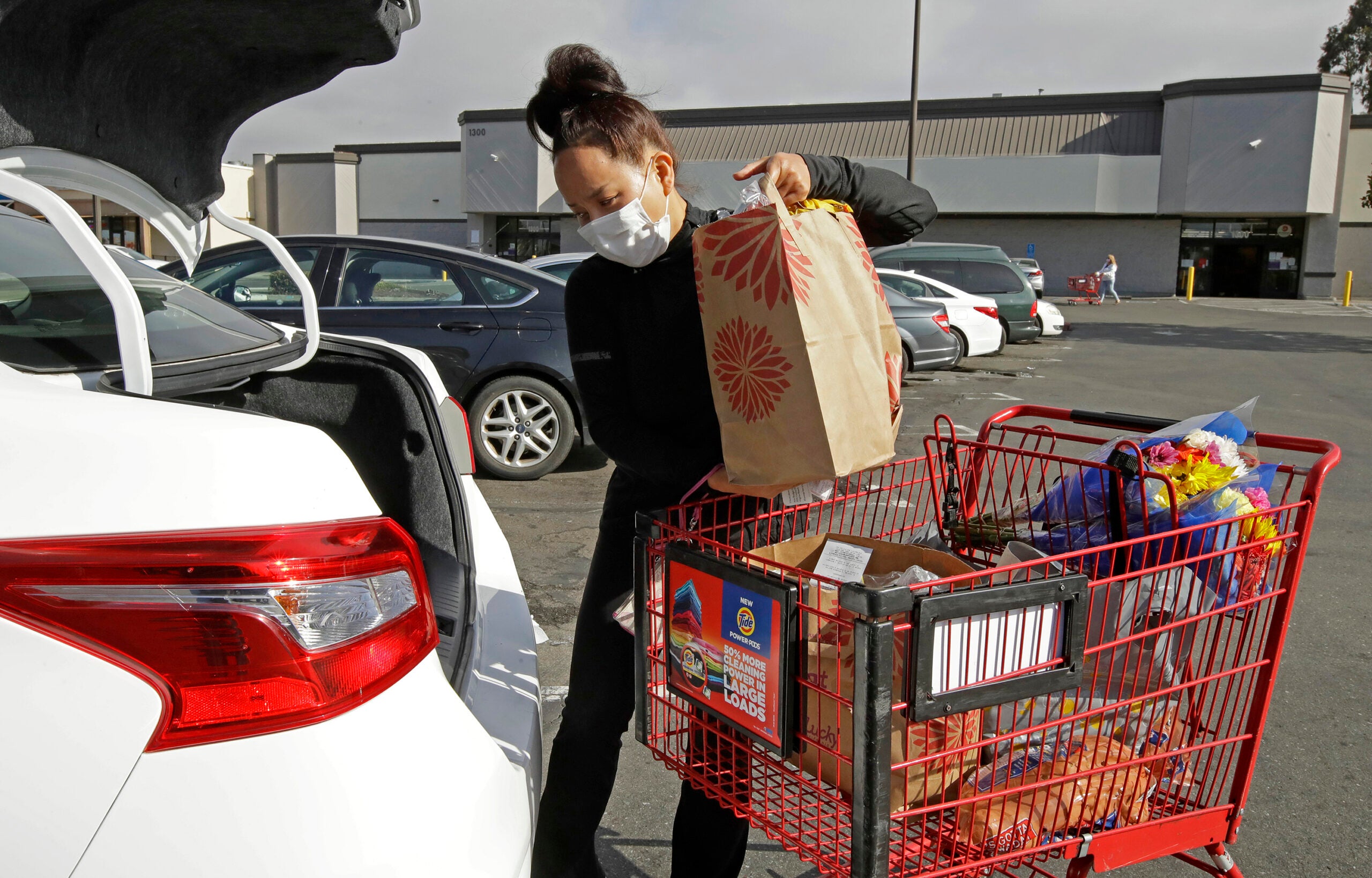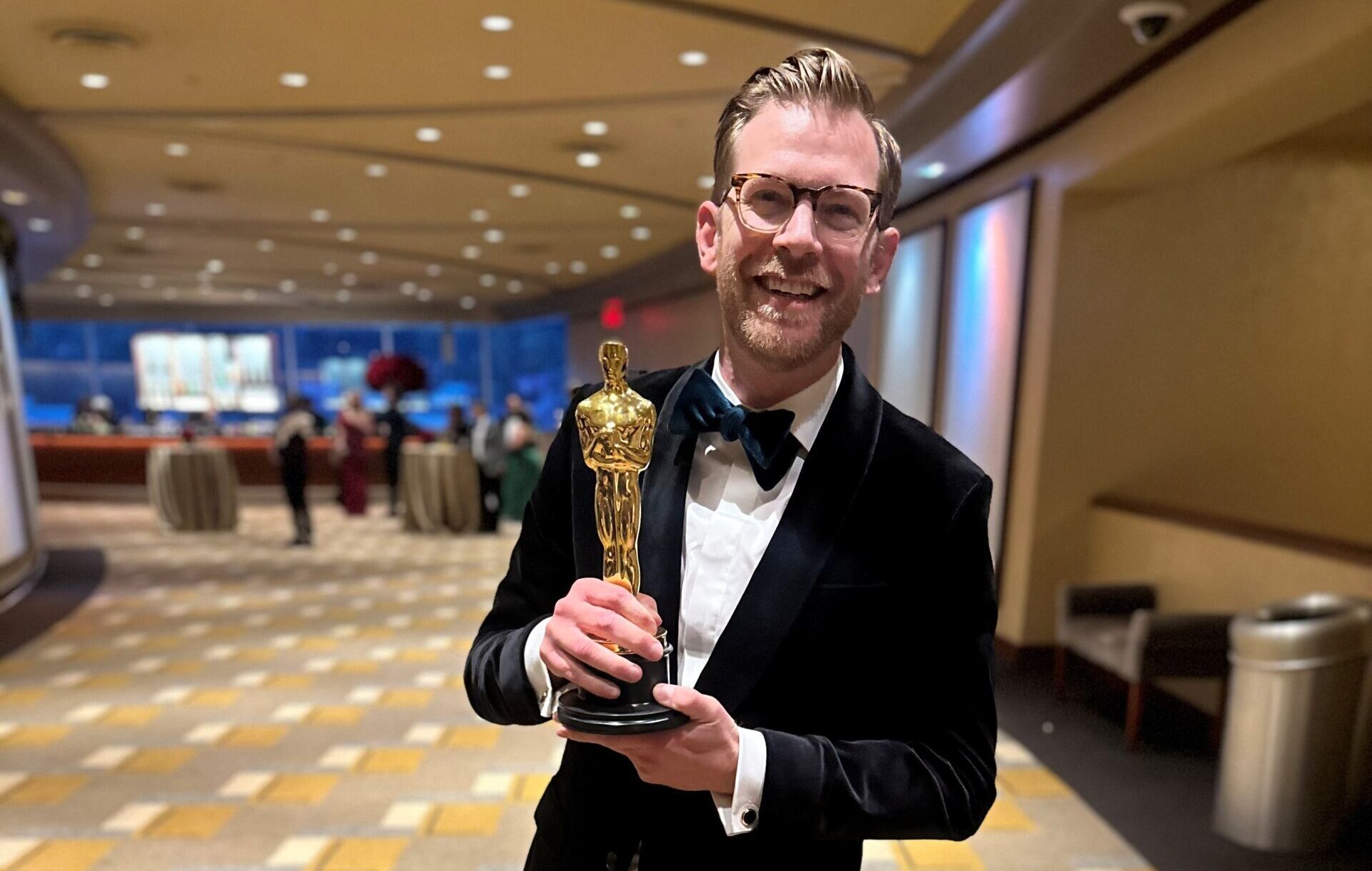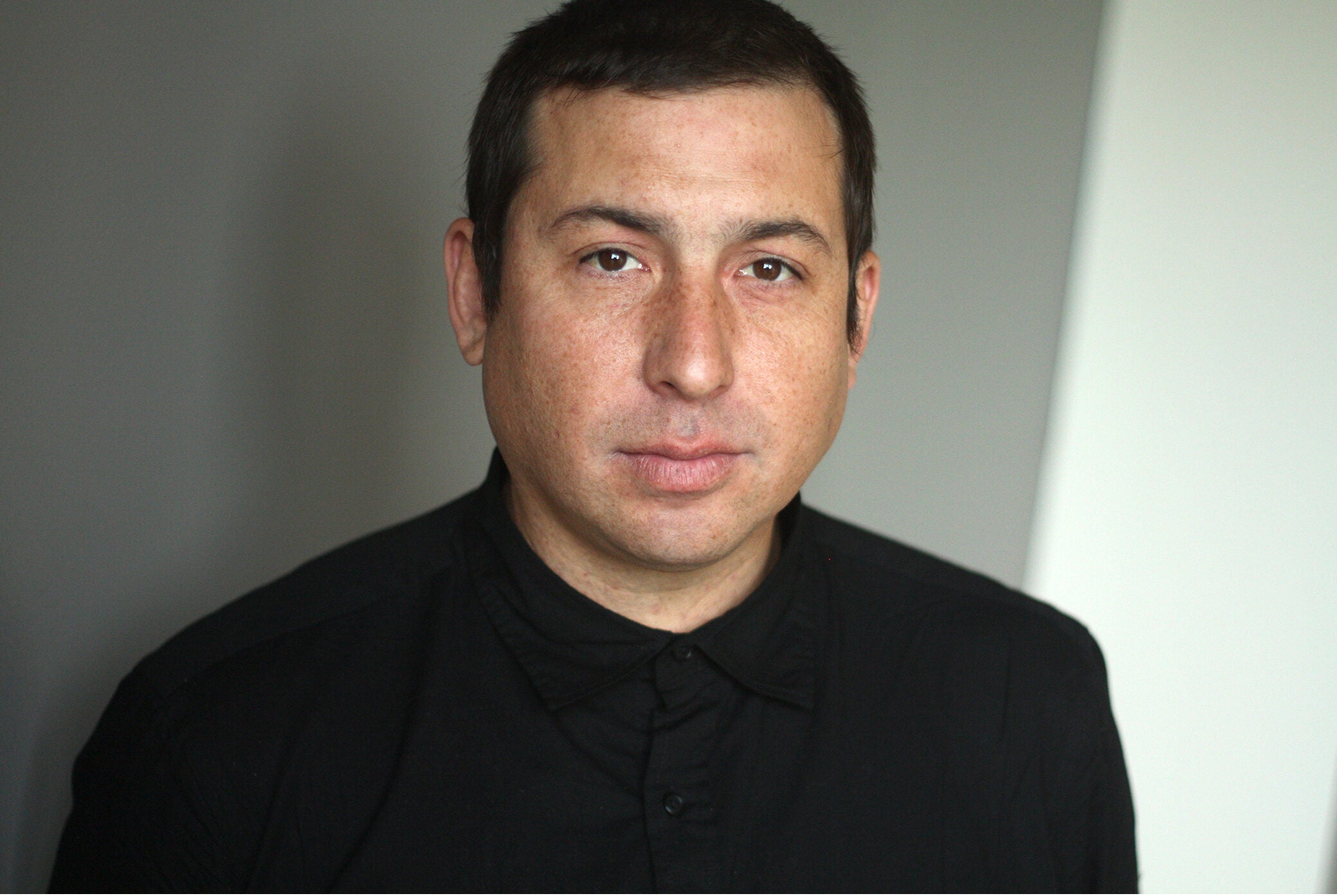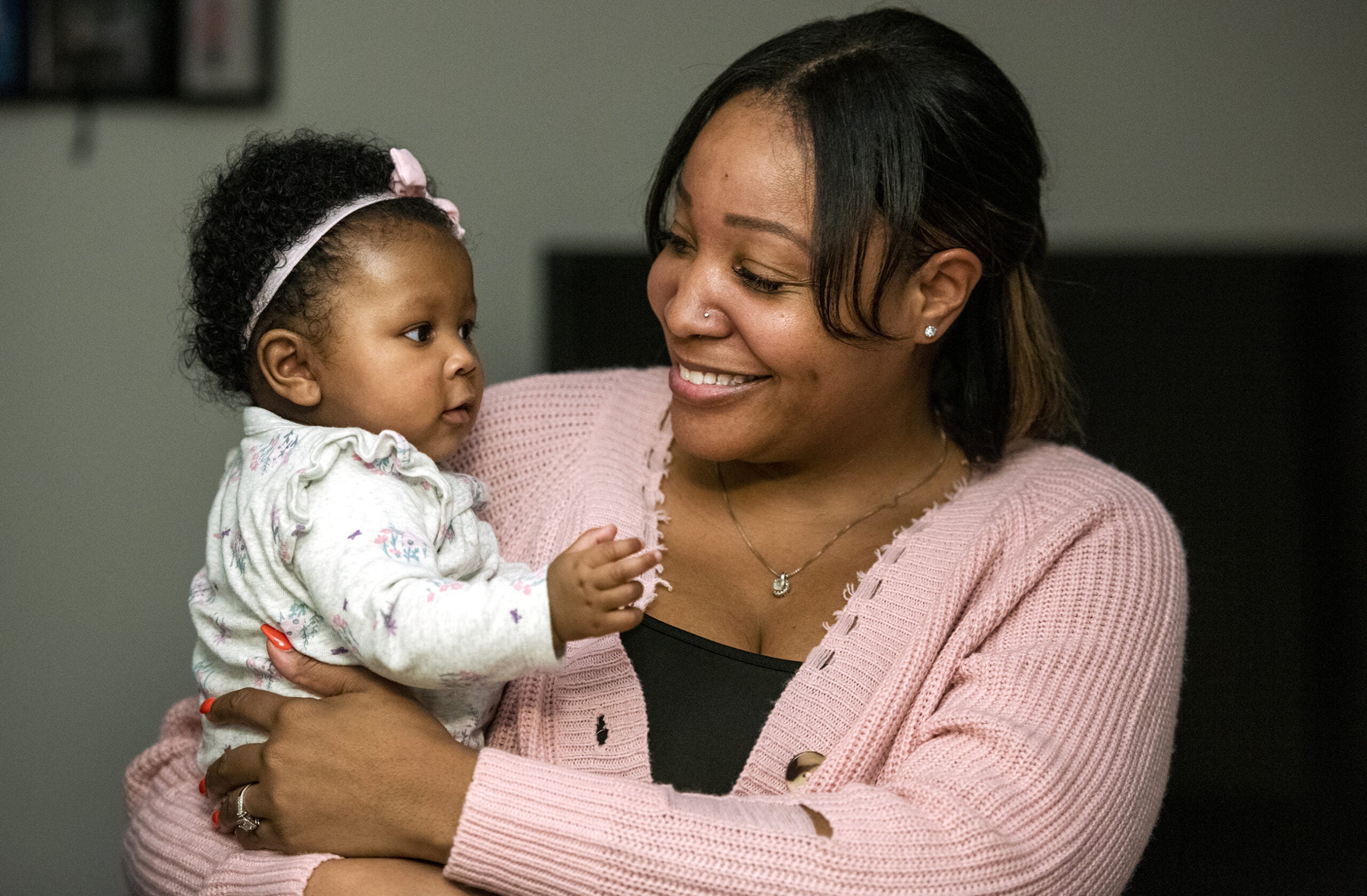Americans tend to put a lot of pressure on our 20s. We’ve assigned the age as the decade of figuring out who we are, finding our true love, feeding our wanderlust, furthering our education, starting our careers — the list goes on.
The pandemic closed a lot of those doors for young adults, but it also forced reflections of the mystique surrounding our 20s and whether the expectations we have for our third decade of life are really that realistic to begin with.
Journalist and author Rainesford Stauffer explores these expectations in her book, “An Ordinary Age: Finding Your Way in a World That Expects Exceptional,” set to publish in May. She wrote about the pandemic’s influence on young adults in a piece for Vox titled, “2020 felt like a ‘wasted year’ for many young adults,” and expands on her position with WPR’s Rob Ferrett on “Central Time.”
Stay informed on the latest news
Sign up for WPR’s email newsletter.
This interview has been edited for brevity and clarity.
Rob Ferrett: You’ve been thinking a lot about how we think about our 20-something era. What are some popular things you see in the media, maybe in our pop culture that are “supposed to be” in our 20s?
Rainesford Stauffer: It’s one of those things where the pressure seems to be coming from all sides. We have these very specific media tropes — everything from sitcoms to buddy comedies — that sort of idealize young adulthood as this time when you’re venturing off on a backpacking trip, you found the love of your life or you’ve moved in with a great roommate in a new city or you’ve gotten a new job.
And then we’ve got kind of the more academic societal workforce pressure where you’re expected to go to college and know what you major in from the get-go, know what job that gets you on the backend and kind of transition right into adulthood without ever second-guessing the path you’re on, experiencing things that we call setbacks but are often just kind of the reality of life.
You’re either adventurous and you’re having fun all the time and you’ve no responsibilities, which we know isn’t entirely realistic, or you have everything figured out. You’re never going to make a mistake. You’re never going to fall off this certain path. And if you have, you failed, which obviously doesn’t match up with our reality now, but didn’t before the pandemic either.
RF: How do you see the pandemic year impacting young adults who maybe already are feeling like they weren’t hitting these unrealistic expectations?
RS: This year stalled a lot of these external markers that we consider part of growing up and living your best life as a young adult. And that could look like anything from a postponed graduation or wedding, to this idea that we’re supposed to be traveling and hanging out with friends. It’s not to say we weren’t doing them, but this probably wasn’t the whole story for everyone.
Now, statistically, we know that young people ages 18 to 29 are moving back in with their parents at record rates. And that’s something that’s often spun as a moral failing — like you didn’t do enough or have enough in your savings account to make it on your own. But that ignores a lot of cultural implications or facets of someone’s family life or their role as a caretaker that might just make it better for them to be in a more community-centered environment.
Something that tends to get overlooked in how we talk about generations is that no one expects to have these things that we often think of as setbacks. Nobody thinks, “Well, I’m going to have to drain my savings account I busted it to earn for a medical bill. I’m not going to have to move back in with my parents.”
We don’t really talk about these things when we talk about young adulthood. And I think that’s why this myth that if these things happen to you, you failed, remains so persistent.
RF: When we talk about pop culture stories of people and their young adulthood, we don’t often see the story of the kid who went to trade school, got a job in welding — that kind of thing. That’s one of those scripts that isn’t out there in pop culture; but in real life, it can work out pretty well.
RS: Totally. I think that there’s such a narrow presentation of young adulthood where every young person graduates from high school at 18, they’re supported by their family, they go to a four-year college, they graduate, and they immediately get a job. And what we know is statistically, that’s just not the case anymore. Lots of students who do go to four-year universities do not graduate in four years, and that should not be an issue.
We need to create opportunities where staying an extra couple of years at school or taking one class at a time because you’re working isn’t an end-of-days scenario. We need to amplify narratives of young people taking other paths — whether that’s a trade or vocational school, working for their family business, caregiving — as a form of labor that deserves compensation. There are so many different pathways to a successful, fulfilled life.
One of the things that inspires me most about the young people I talk to is that they’re so open about rethinking these social structures and scripts that give this very narrow perception of what this time of life ought to be like.
Wisconsin Public Radio, © Copyright 2024, Board of Regents of the University of Wisconsin System and Wisconsin Educational Communications Board.






